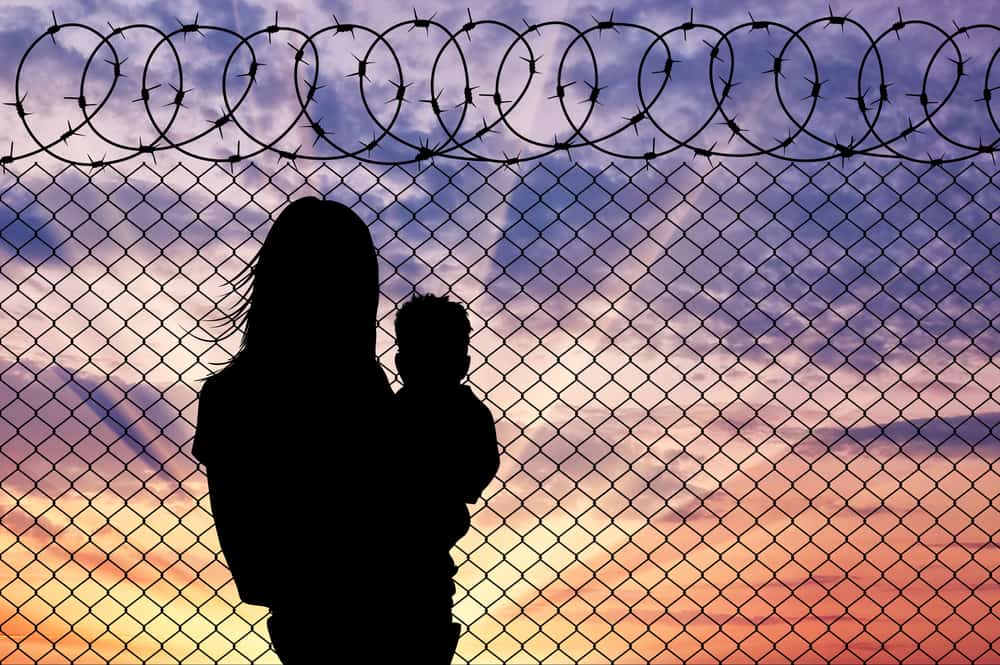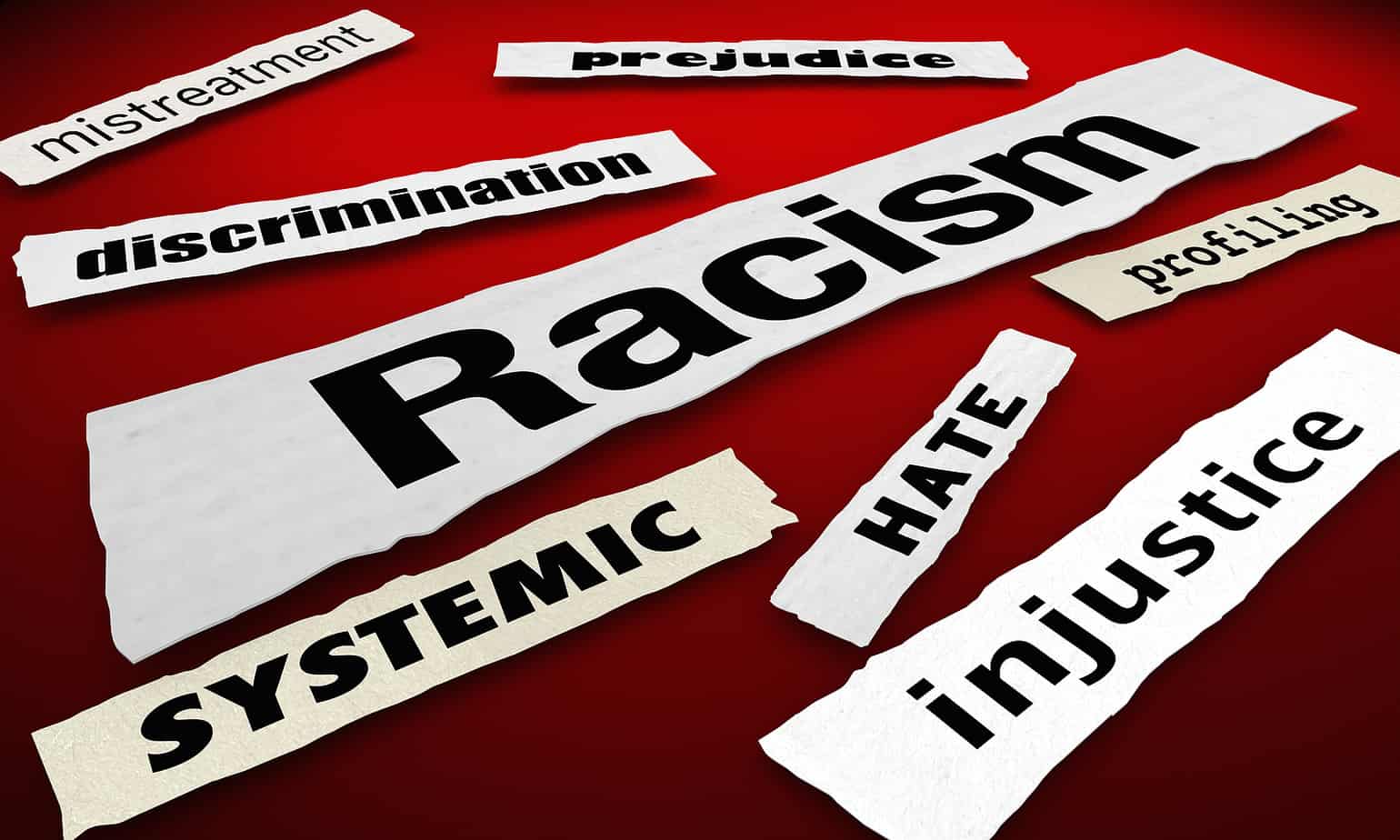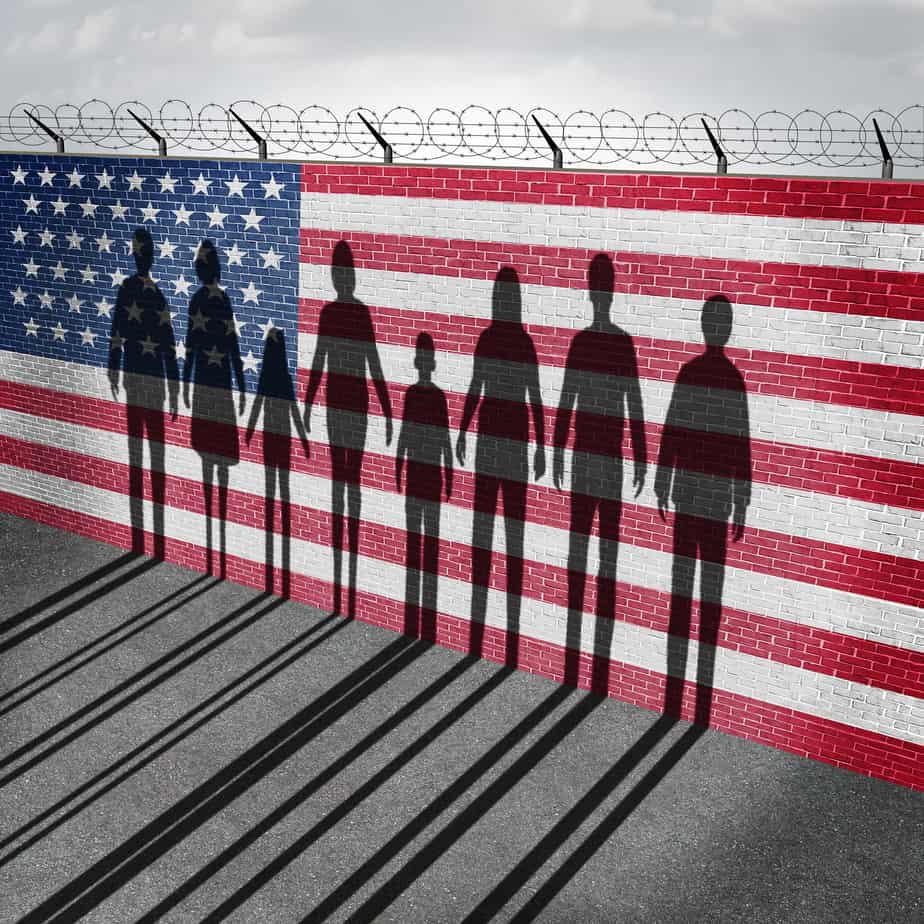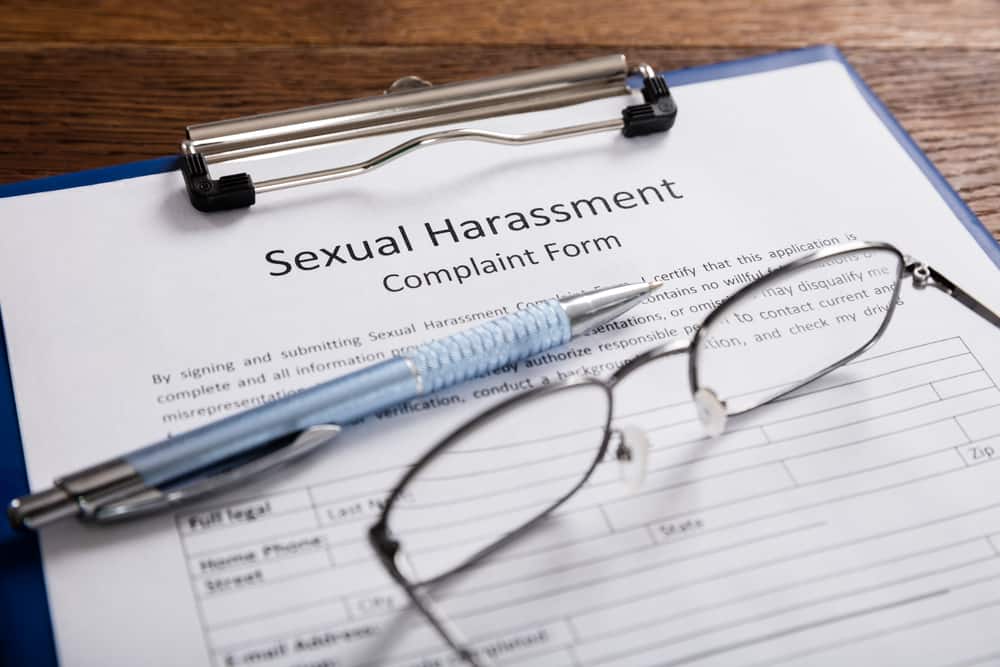Migrants and refugees seeking safe havens benefit the economies of their host nations within five years of arrival, a study published in Science Advances suggests. The study included an analysis of 30 years of data from 15 Western European countries.
According to the data, the strength and sustainability of the country’s economy improves and unemployment rates decline after a spike in migration.
The study’s conclusions contradict the belief that refugees financially strain the country by draining public resources.
“We have shown that historically it has not been a cost and that if you do not welcome immigrants, the economy might be worse off,” said Hippolyte d’Albis, an economist at the Paris School of Economics who led the work.
The study included asylum seekers who fled the war in the former Yugoslavia in the 1990s and, more recently, those who came from Syria. The analysis examined conditions from 1985 to 2015 in Denmark, Austria, Belgium, Finland, Germany, France, Iceland, Ireland, Italy, the Netherlands, Sweden, Spain, the United Kingdom, and Portugal.
To assess the economic well-being of the countries, researchers measured average incomes over the years by dividing by gross domestic product (GDP) by population size. They also calculated fiscal balance, subtracting the amount of money a nation spent on public programs from the money raised from taxes.
According to data models, within two years of a migrant influx, unemployment rates dropped, and economic health increased.
Researchers theorize that these effects were due to migrants increasing market demand, paying taxes, adding jobs, and providing services. Data from the study shows that the improved economic activity far outweighs the government costs of migrants.
Limiting legal immigration can make labor shortages worse. In the U.S., for example, the number of denials of H-1B visas increased by 41% in the last three months of 2017 compared to the previous three months. Businesses have complained that the increased denials and red tape have worsened labor shortages. As more baby boomers retire, those shortages may expand further.
Immigration law changes have also impacted education, as colleges lose international students. International students contribute $39 billion to the U.S. economy and make up about 5.5% of enrollment nationally.
Local communities and universities feel the economic impact of losing these international students.
In the U.S., getting visas has become increasingly difficult for students. Universities are seeing an increase in visa denials. This is where a student visa lawyer can provide much-needed assistance.
Tips :
– Do your research before engaging the services of a student visa lawyer. Check for references and look into their experience in dealing with similar cases.
– Ensure you understand the process required to get a student visa and all documentation necessary to complete it successfully.
– Be aware of any changes in immigration policies that may affect your case.
– Stay in touch with your lawyer and provide documents as requested promptly. This will ensure everything is done correctly and the paperwork is processed quickly.
– Finally, if you are uncertain about any aspect of the process or have questions, don’t hesitate to ask for help from an experienced student visa lawyer. A good lawyer should be able to explain the process and answer any questions you have.
The decision to seek a haven in another country is never easy, but this study shows that it can ultimately lead to positive economic outcomes for everyone involved. From increased jobs and tax revenue to market growth and educational opportunities, migrants bring value to host nations. Countries need to remember this as they craft immigration policies and for individuals seeking safety or a new start to know there is potential for success. With the right legal guidance, those dreams can become reality.



